|
|
|
|
Nau mai haere mai and welcome to this week’s newsletter.
With Omicron circulating, along with all manner of predictions about its potential impact, we can all probably be forgiven for suffering a kind of crisis fatigue. Unfortunately, we’ll have to get used to it. As Nathan Cooper outlines today, 2022 will be the year Aotearoa New Zealand grapples with a “triple planetary crisis” of COVID, climate change and biodiversity loss.
With the Intergovernmental Panel on Climate Change set to publish two crucial reports ahead of global negotiations at the next climate summit in Egypt in November, and the UN Biodiversity Conference in China in April, the pressure is now on to make tangible commitments to genuine change. Expect to hear a lot more about these issues as the year plays out.
Meanwhile across the Tasman, it’s Australia Day – with all the heated debate we’ve come to expect between those who want to mark the supposed origin of modern Australia and those who prefer to call it Invasion Day. While a majority still appears to favour the status quo, a new national survey suggests a generational shift may be coming.
Check out our home page for more and feel free to share this newsletter. Until next week, thanks for reading and all the best, mā te wā.
|

|
Finlay Macdonald
New Zealand Senior Editor & NZ Editor: Politics, Business + Arts
|
|
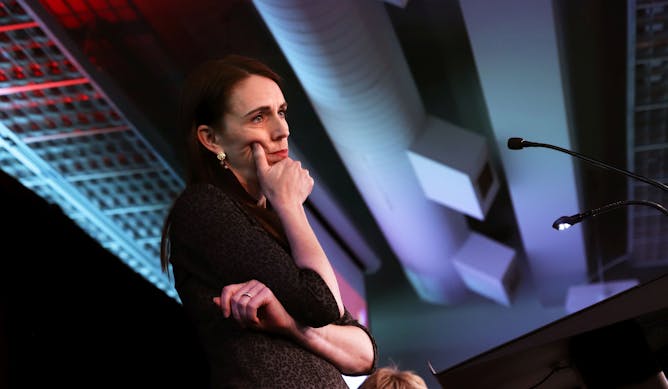
Nathan Cooper, University of Waikato
Despite the ongoing pandemic, the agenda for 2022 includes key developments to tackle the connected crises of climate change, biodiversity loss and pollution.
|
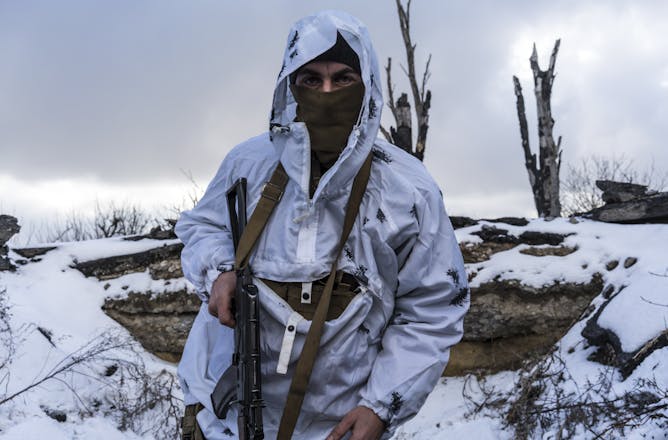
Sascha-Dominik (Dov) Bachmann, University of Canberra
New Zealand’s geographical distance will be no defence against the consequences of a protracted crisis. So why has there been so little discussion about the threats?
|
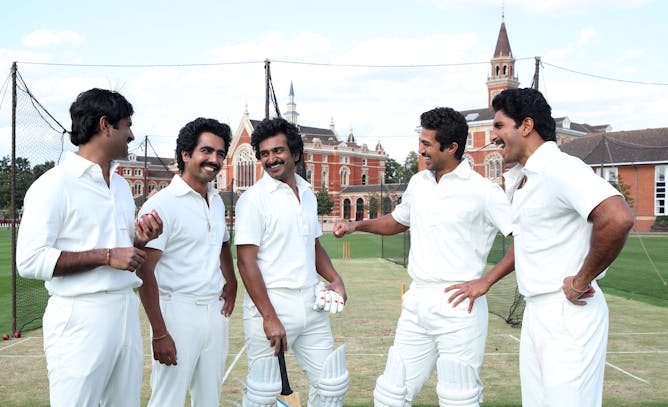
Radhika Raghav, University of Otago
Bollywood is demonstrating a renewed purpose of creating new national myths, such as 83’s retelling of India’s first win at the cricket world cup.
|
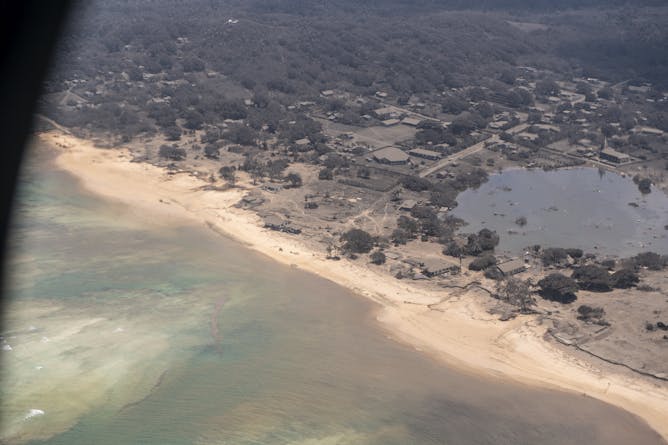
Karen Scott, University of Canterbury
Given their vital role in communications, the global economy and security, the rules governing undersea cables need overhauling.
|

Jack Heinemann, University of Canterbury
The Doomsday Clock has never before been as close to midnight as it is now. There is scant hope of it winding back on its 75th anniversary.
|
From our foreign editions
|
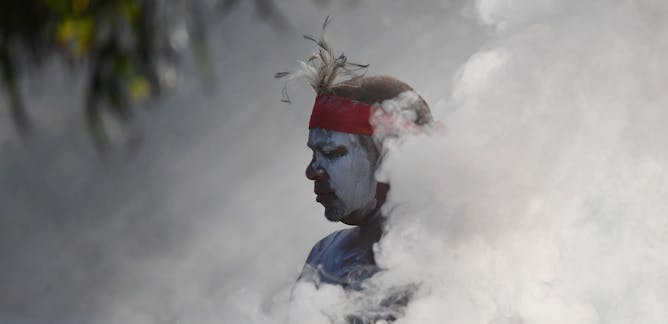
David Lowe, Deakin University; Andrew Singleton, Deakin University; Joanna Cruickshank, Deakin University
A new national survey shows the majority of Australians want the day left as it is. But it also suggests a groundswell for change is in the works.
| |

Deborah Burnett, Garvan Institute
Variant-specific vaccines would undoubtedly increase immunity. But waves of new variants would engulf the population faster than these vaccines could ever be deployed.
|

Sue Roberts, University of Portsmouth
Sue Gray won’t rule on whether the prime minister has broken the law but her report could triggers a vote of no confidence in his leadership.
| |

Erin Sebo, Flinders University
Wordle has become an obsession online, with over 3 million daily players around the world. But the game has more in common with code-breaking than it does with crosswords.
|
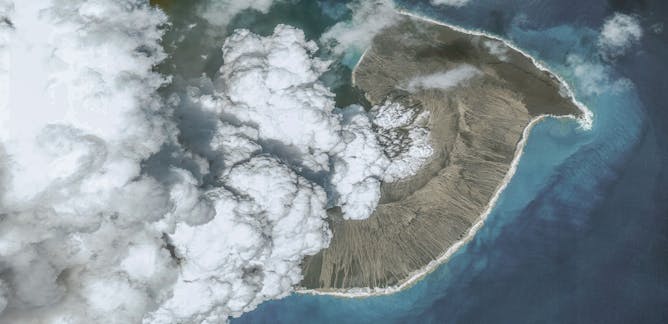
Kevin Hamilton, University of Hawaii
A phenomenon first theorized over 200 years ago is also a telltale sign of nuclear tests.
| |

Deborah Fuller, University of Washington
DNA and mRNA vaccines produce a different kind of immune response than traditional vaccines, allowing researchers to tackle some previously unsolvable problems in medicine.
|
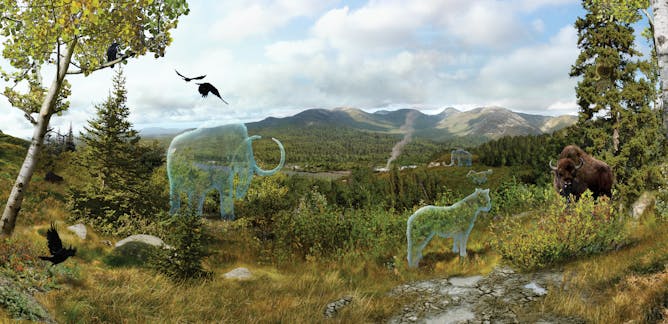
Tyler J. Murchie, McMaster University
Permafrost in the Yukon is a treasure trove of ancient environmental DNA, but climate change threatens these rich historical archives.
| |
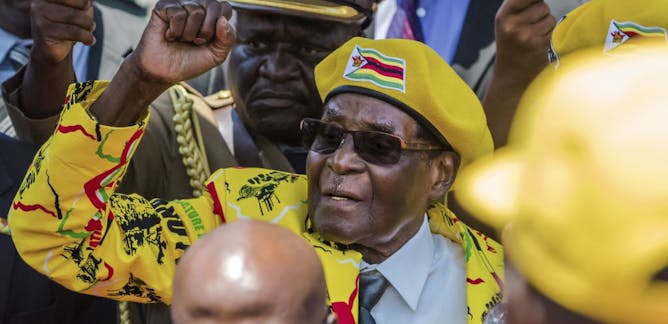
Andrea Carboni, University of Sussex; Clionadh Raleigh, University of Sussex
Leaders typically spread power among their ‘rival allies’ to keep it and co-opt enough of those elites in exchange for political support.
|
|
|
| |
| |
| |
| |
|
|
|
|
|
|
|